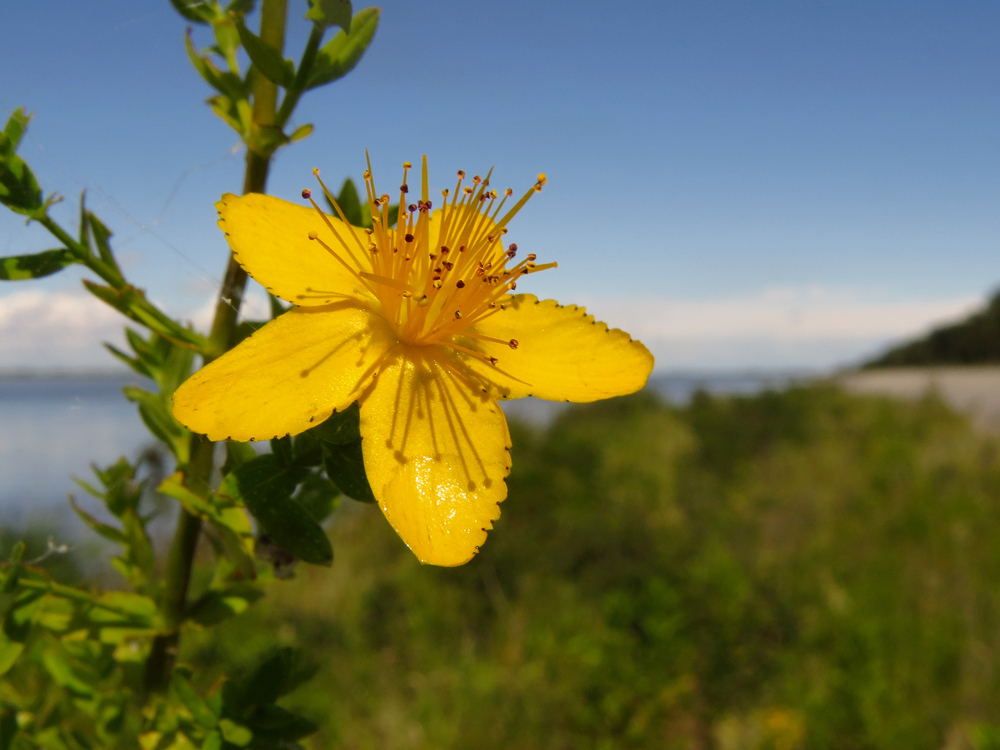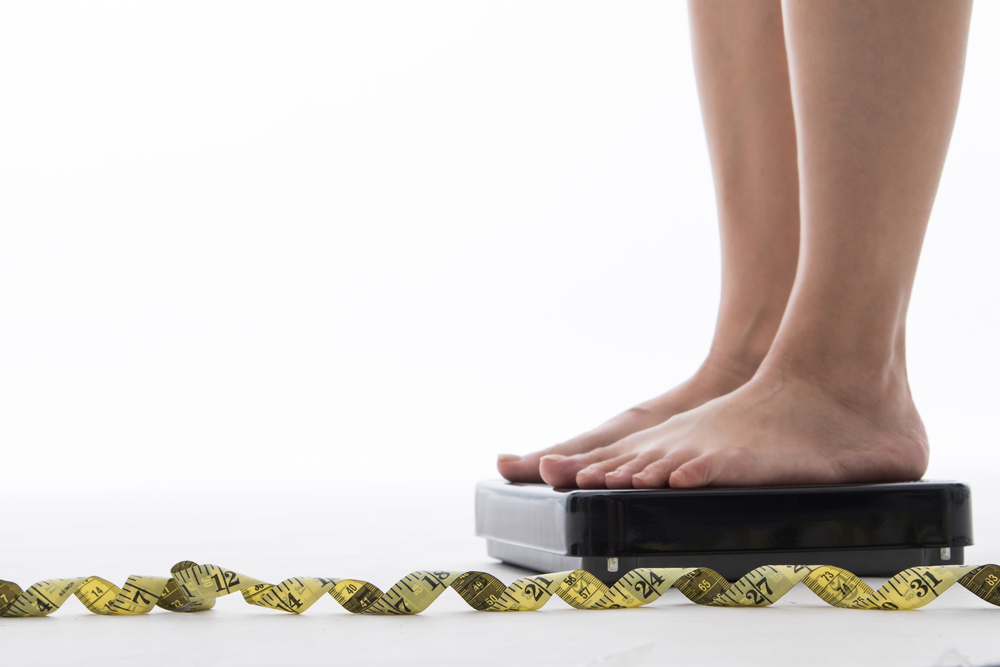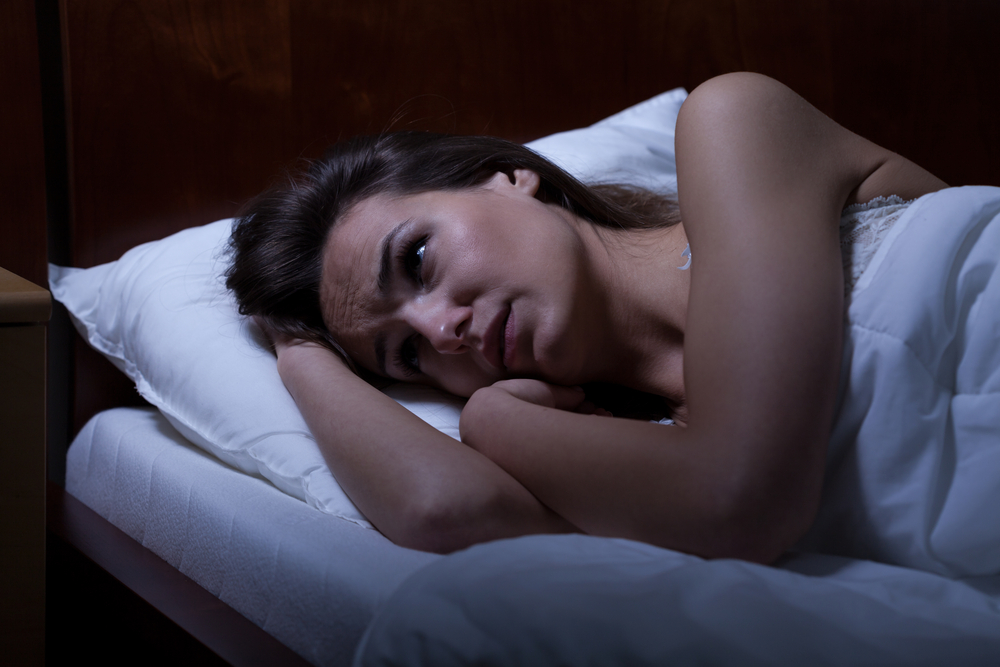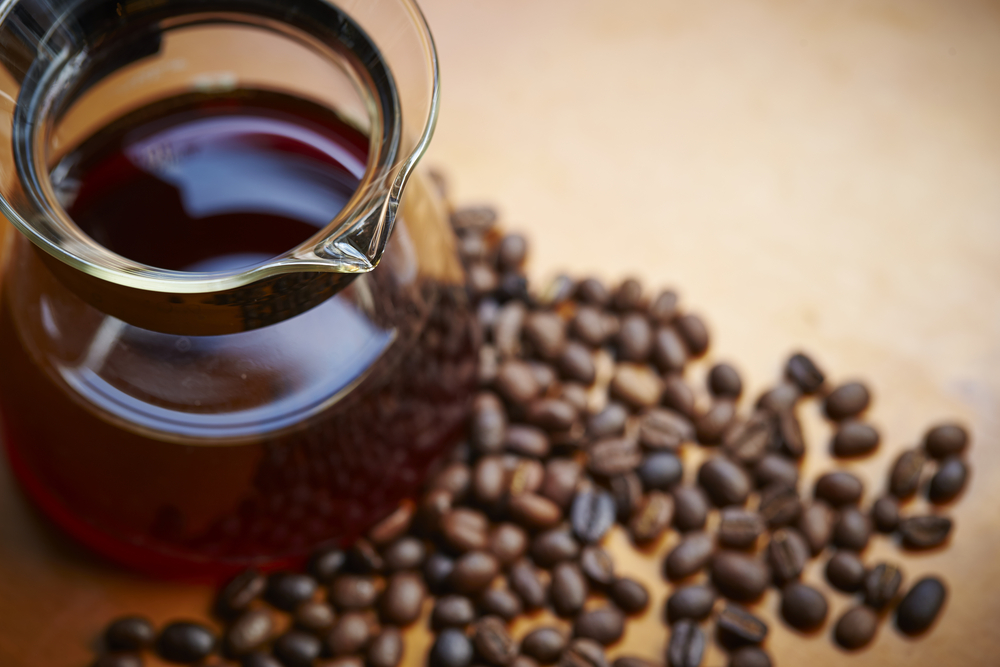Suffering from the January blues? Try St John’s Wort

January 20th is this year’s Blue Monday. It’s not a great time of year for many of us and for those who are unlucky enough to be suffering from low mood, it can be especially difficult. Spring may not be far away, but it helps to have a little support to get us through the rest of the winter months, which is where St John’s wort comes into the picture.
Known as the sunshine herb, this is the number one natural remedy for treating low mood, anxiety and depression. It contains a chemical known as hypericin, which increases our natural levels of the feel-good chemical serotonin.
Food labelling: it’s not just all about calories

Replacing calories with ‘exercise required’ on food labelling could help to ease the obesity crisis, says the Royal Society for Public Health. It claims that a recent study from Loughborough University[i] suggests that labelling food with how much exercise would be needed to burn it off, rather than how many calories it contains, is a key towards encouraging healthy lifestyles.
They predict that physical activity calorie equivalent or expenditure (PACE) labelling could shave up to around 200 calories per person every day if applied widely – the equivalent of around a can and a half of Coca Cola.
Eating too many refined carbohydrates could affect your sleep

Insomnia and sleep disturbance can put a real damper on health and wellbeing and has been linked among other things with cardiovascular problems, depression and diabetes. But now a study of females aged 50 plus[ii] reveals that diet could have a part to play in how well or not we sleep.
The researchers found a link between a higher risk of insomnia and a diet rich in refined carbohydrates. This includes foods with added sugars, white rice, and white bread. The reason: ‘When blood sugar is raised quickly, your body reacts by releasing insulin and the resulting drop in blood sugar can lead to the release of hormones such as adrenaline and cortisol, which can interfere with sleep,’ say the researchers.
Coffee drinkers found to have lower risk of developing gall stones

Those endless cups of steaming coffee may not be so bad for you after all according to a recent study published in the Journal of Internal Medicine[iii]. Among the 104,493 participants, the group who drank more than six cups a day had a 23% lower risk of developing gall stones compared with the non-coffee drinking group.
[i] Daley AJ, McGee E, Bayliss S, et al. Effects of physical activity calorie equivalent food labelling to reduce food selection and consumption: systematic review and meta-analysis of randomised controlled studies Journal of Epidemiology & Community Health. Published online 10 December 2019
[ii] https://www.medicalnewstoday.com/articles/327302.php#
[iii] www.sciencedaily.com/releases/2019/09/190905080059.htm




















Add comment